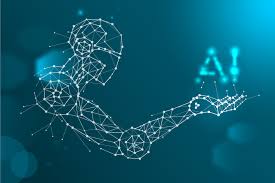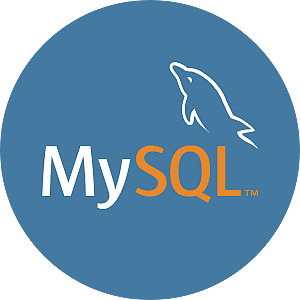Computer science course units cover core concepts like programming (Python, Java, C++), data structures and algorithms, operating systems, computer architecture, software engineering, and cybersecurity.

A data structures and algorithms (DSA) course teaches how to organize data in a logical way and how to process that data using step-by-step procedures to solve problems efficiently. Students learn about different ways to store data, like arrays, stacks, and trees, and how to apply algorithms for tasks like searching and sorting. The goal is to write fast, scalable, and resource-efficient programs by understanding their "time complexity" and "space complexity," which are measured using tools like Big O notation
- Teacher: william mutava

- Teacher: william mutava

An AI course in computer science teaches students to build systems that exhibit human-like intelligence, covering topics like machine learning, deep learning, natural language processing, and computer vision. These courses involve mastering underlying mathematical concepts, such as linear algebra and probability, and applying them through programming in languages like Python to develop and deploy intelligent applications that can solve complex, real-world problems
- Teacher: william mutava

A cybersecurity course within computer science teaches how to protect digital systems, networks, and data from threats. It combines technical skills like cryptography, network security, and malware analysis with concepts such as risk management, legal and ethical considerations, and human factors in security. Key topics include authentication, access control, and cryptography for data protection, alongside developing defensive measures like firewalls and intrusion detection systems
- Teacher: william mutava

A database course in computer science teaches the principles of data organization, storage, and retrieval, focusing on relational models and SQL for data management. Students learn to design, implement, and manage databases, using Structured Query Language (SQL) to create tables, define relationships, query data, and ensure data integrity. Topics often include database modeling (e.g., ER diagrams), normalization to reduce redundancy, query optimization, and the role of Database Management Systems (DBMS)
- Teacher: william mutava